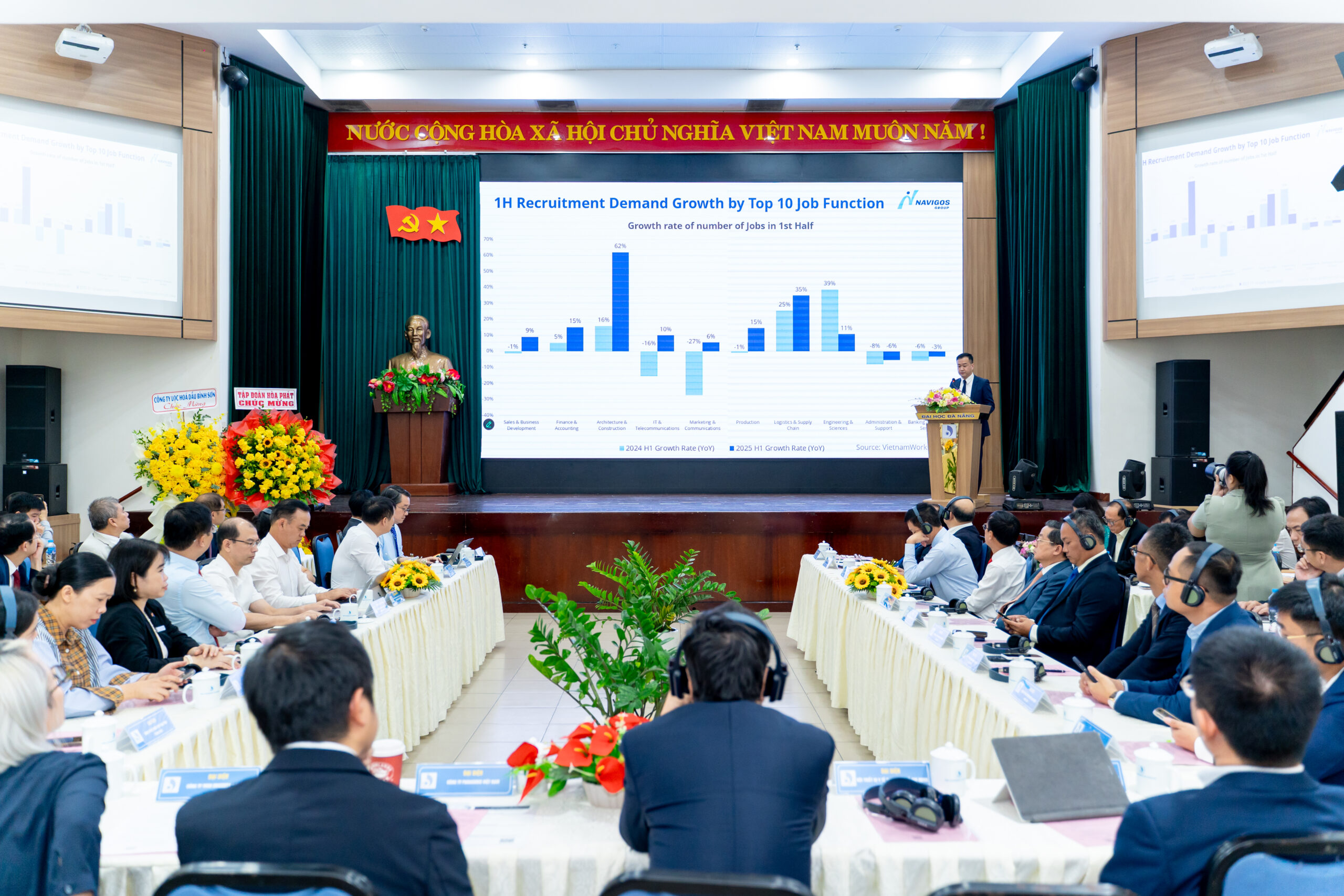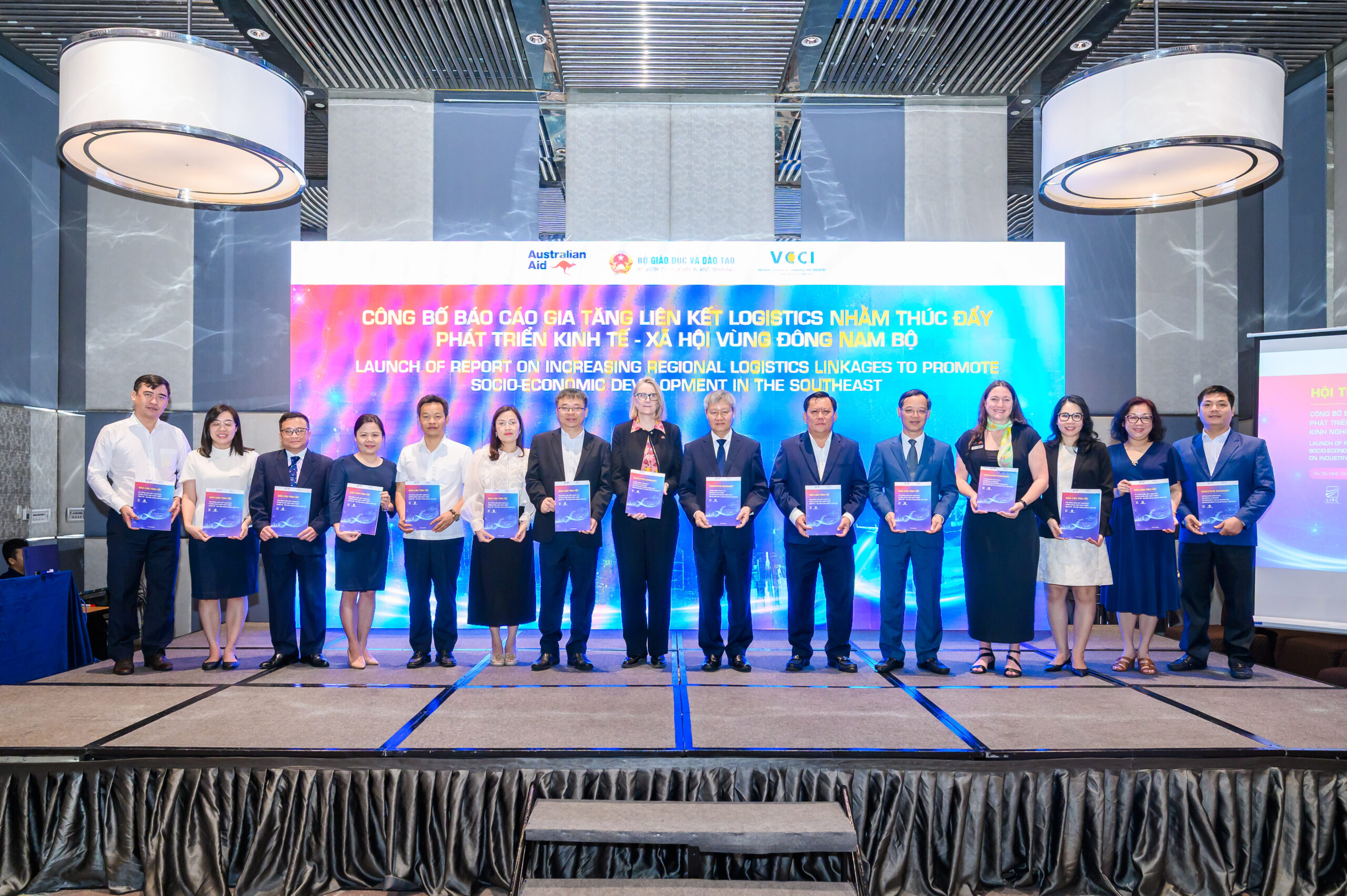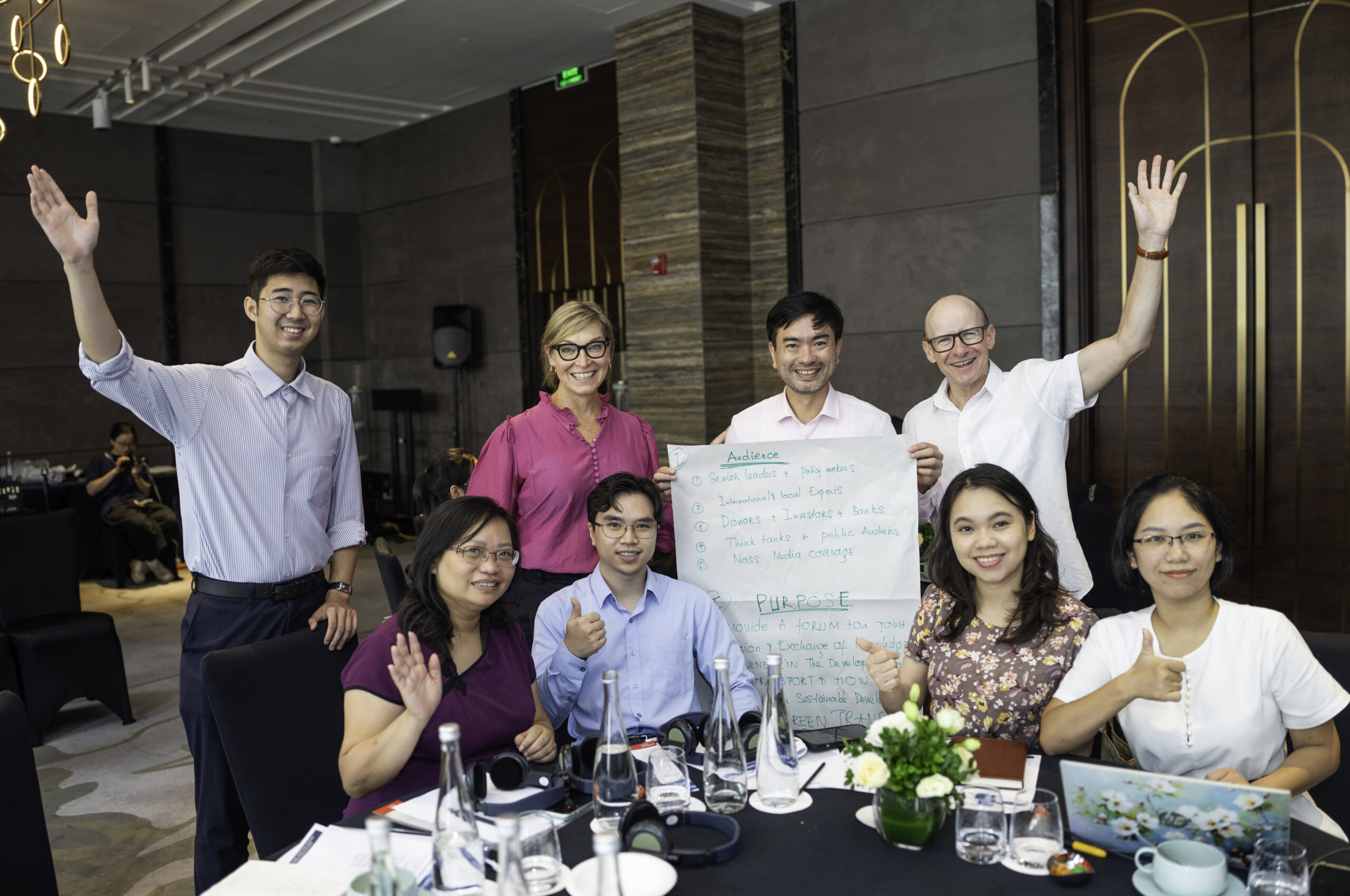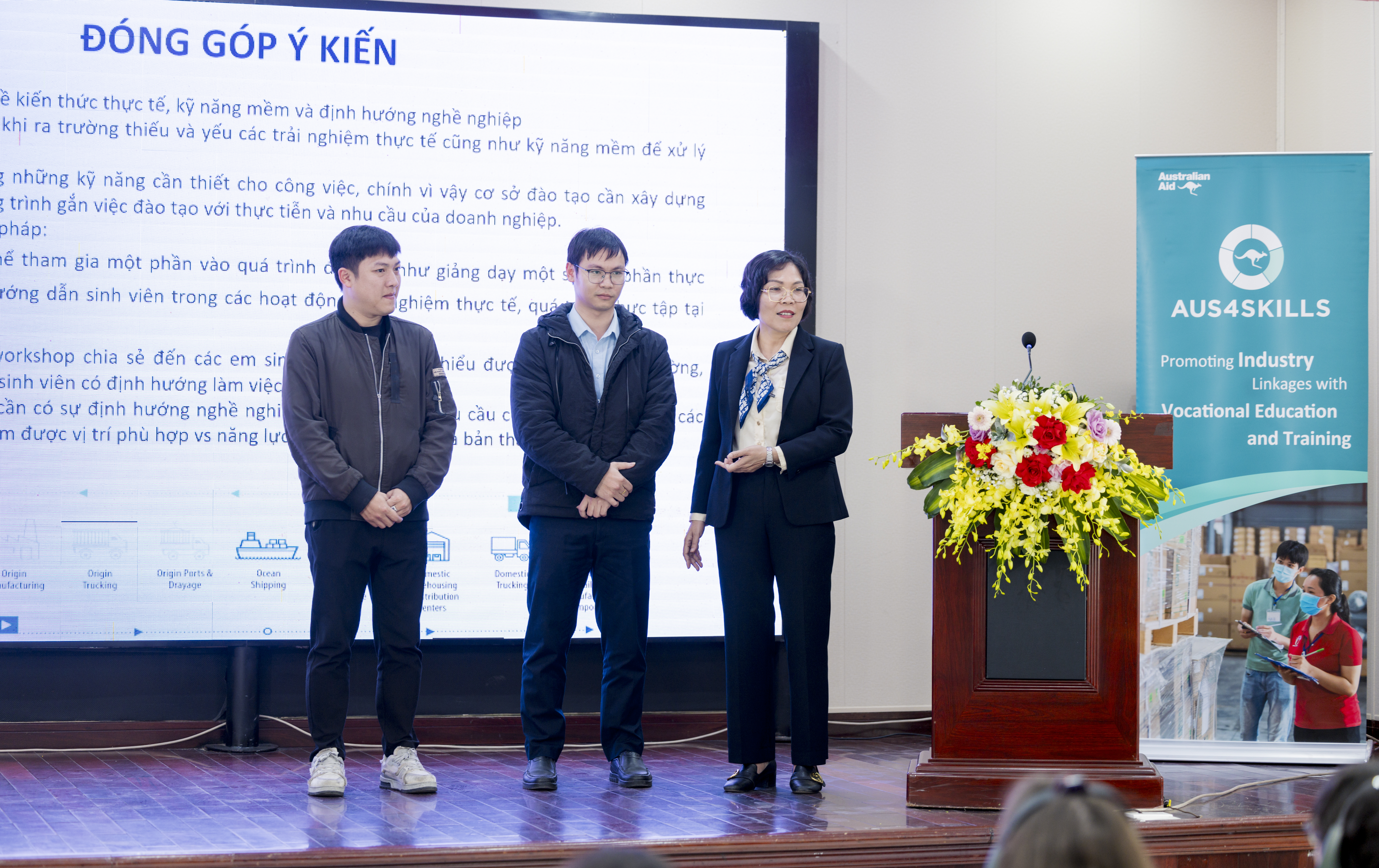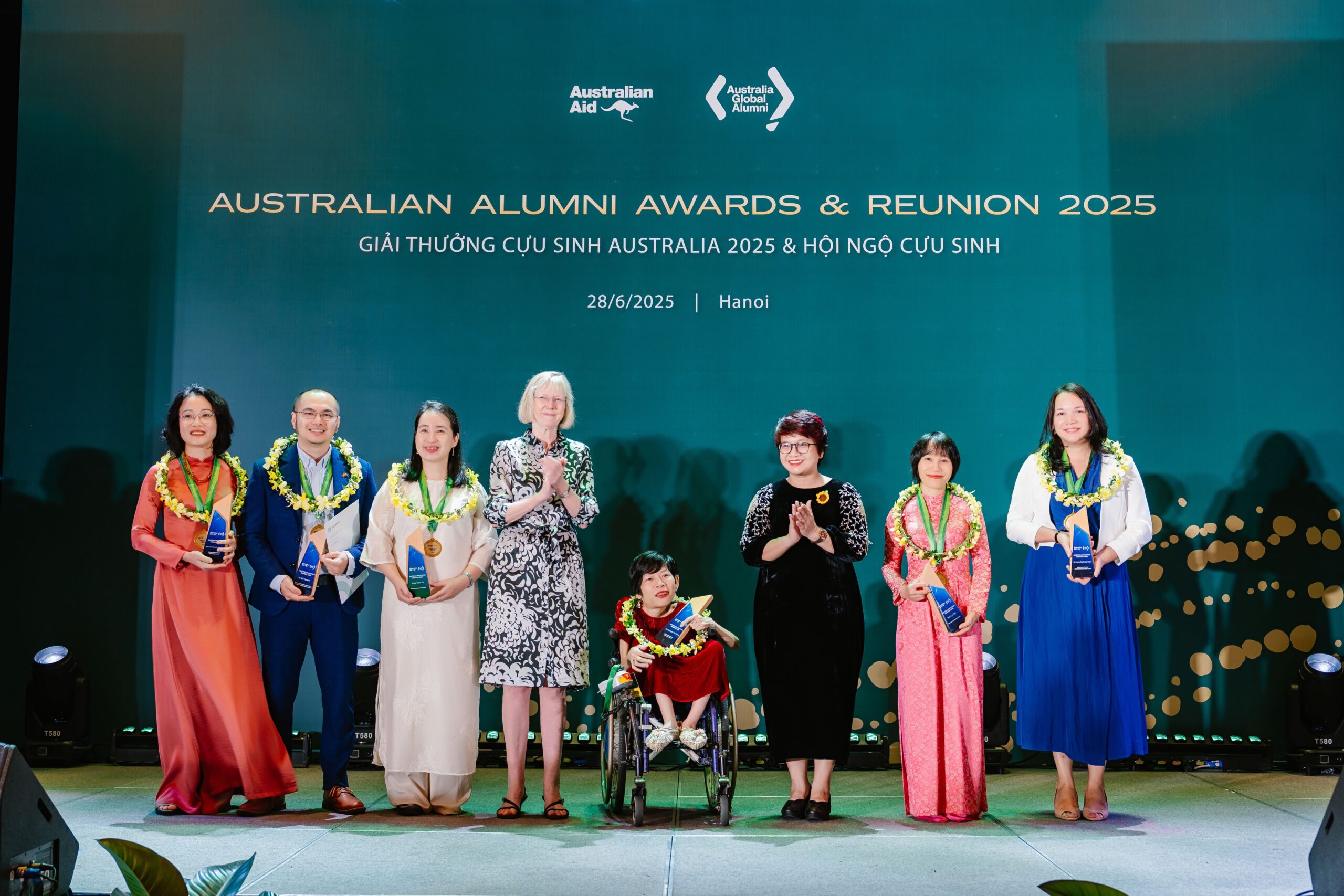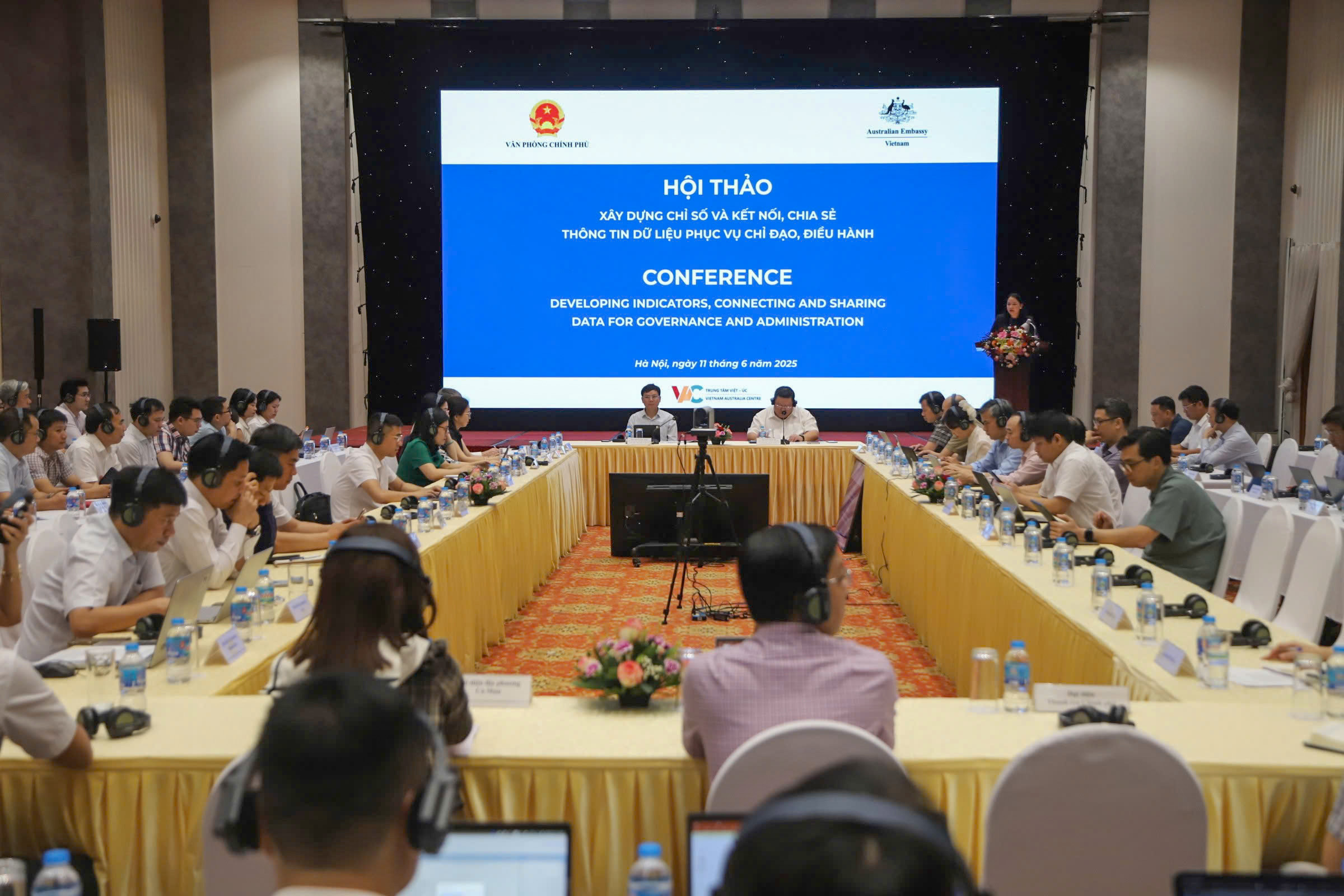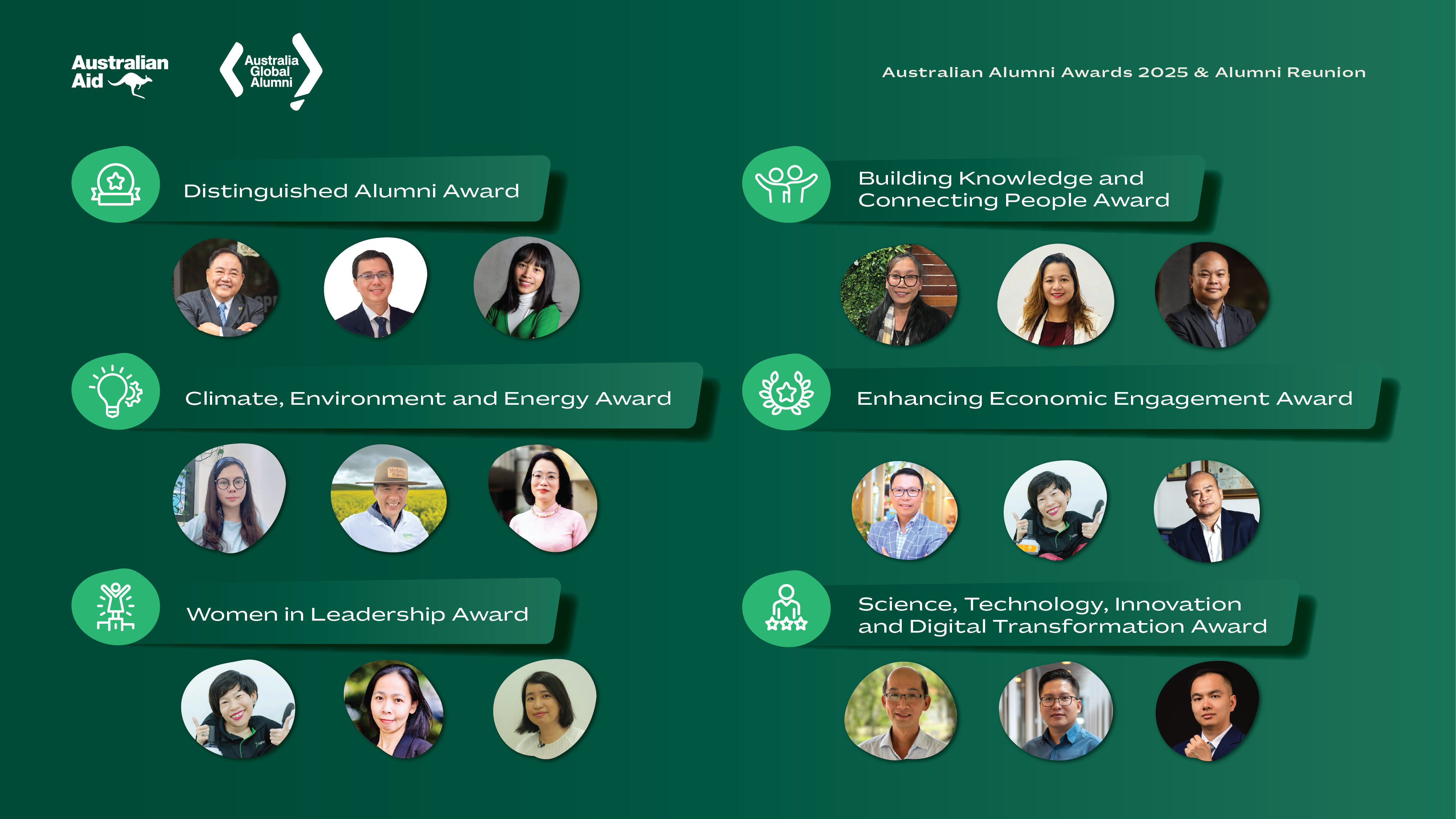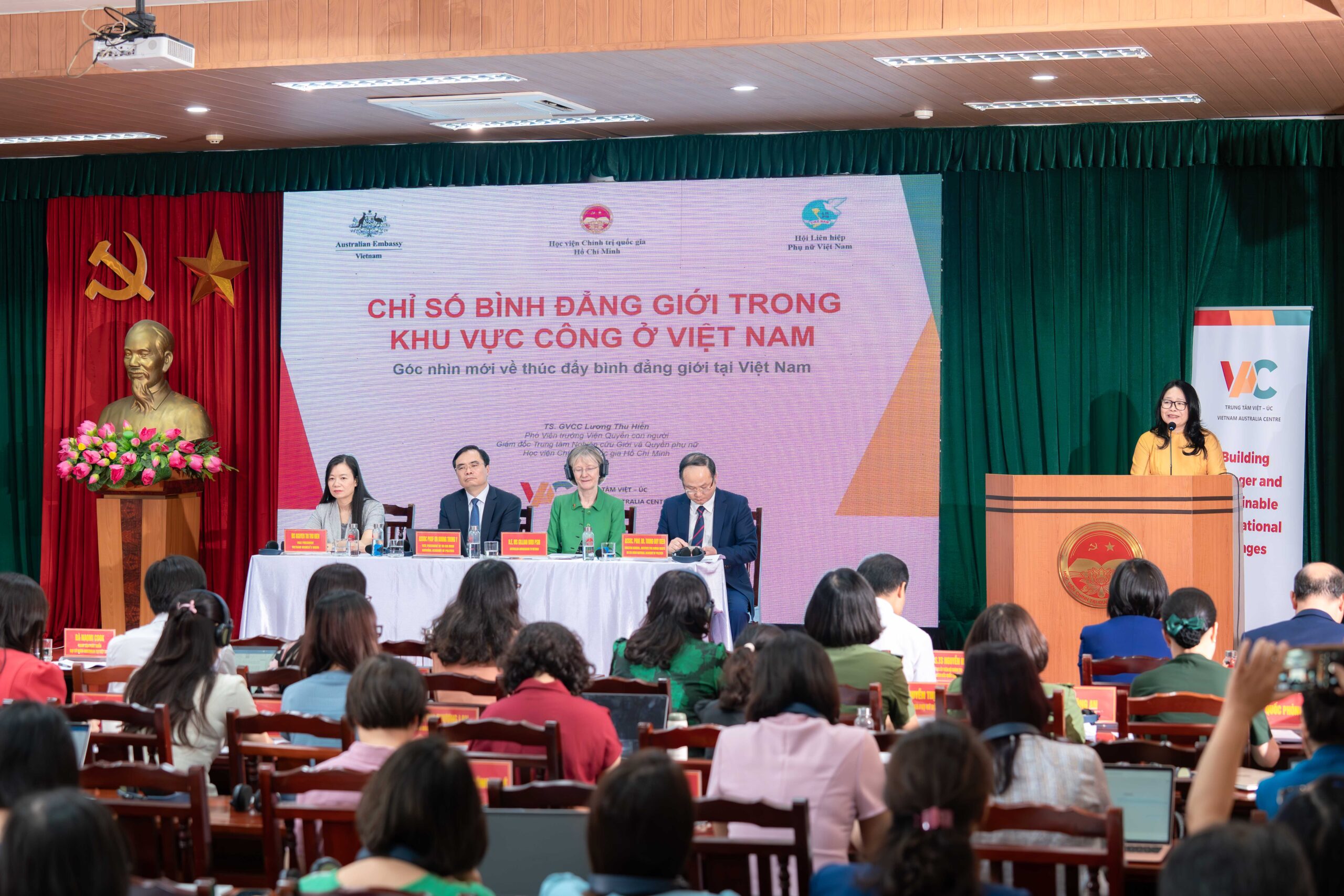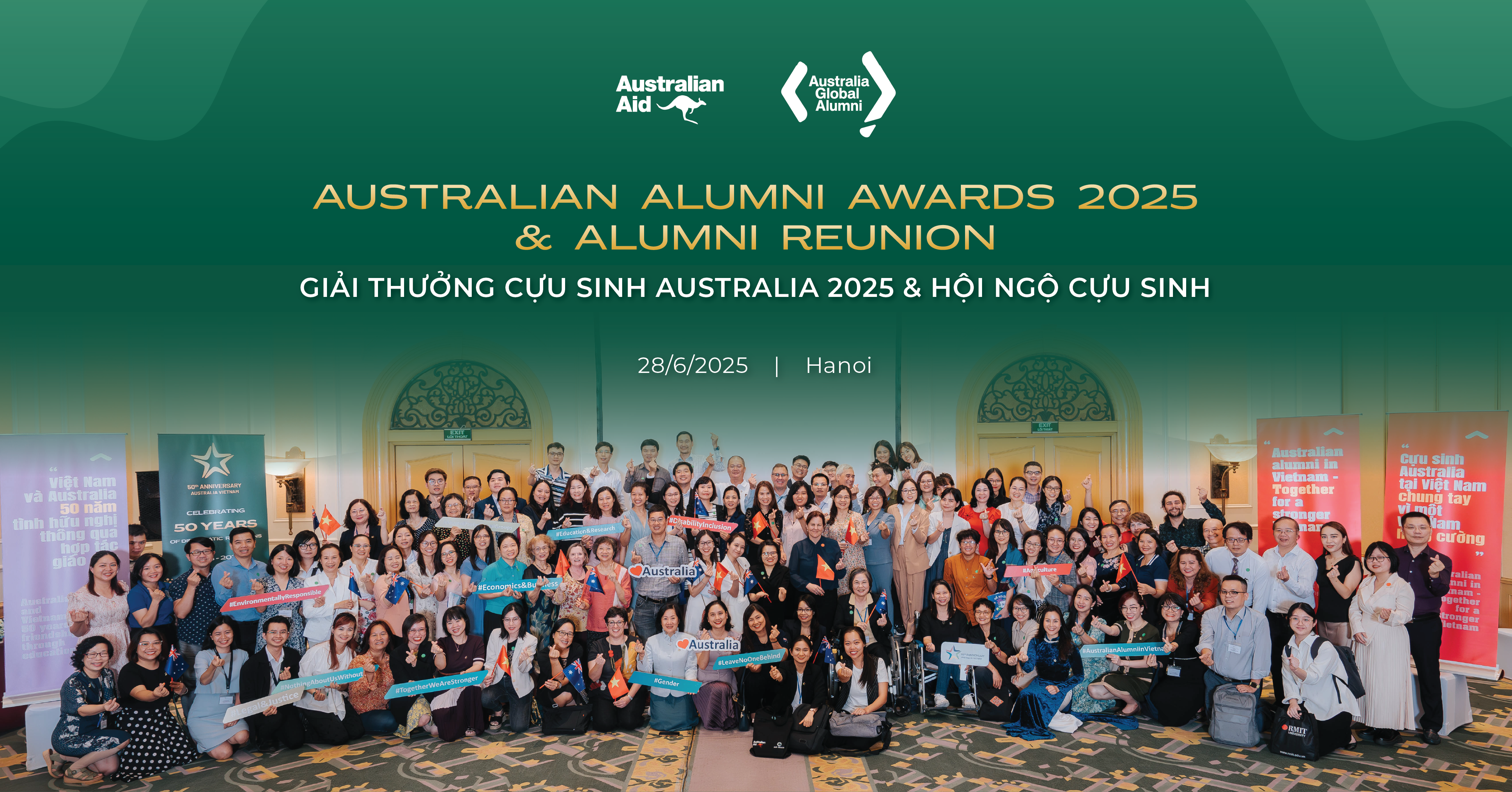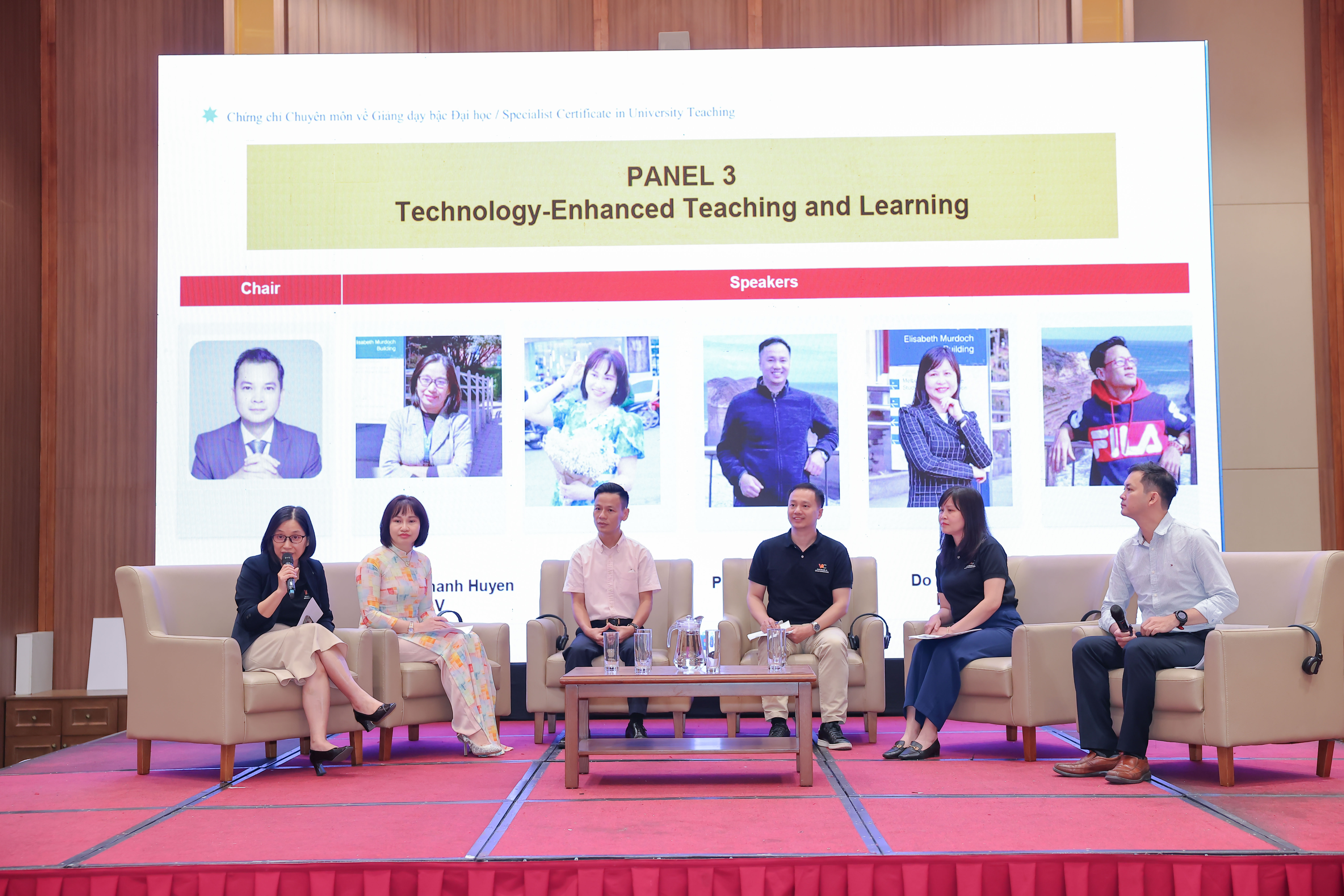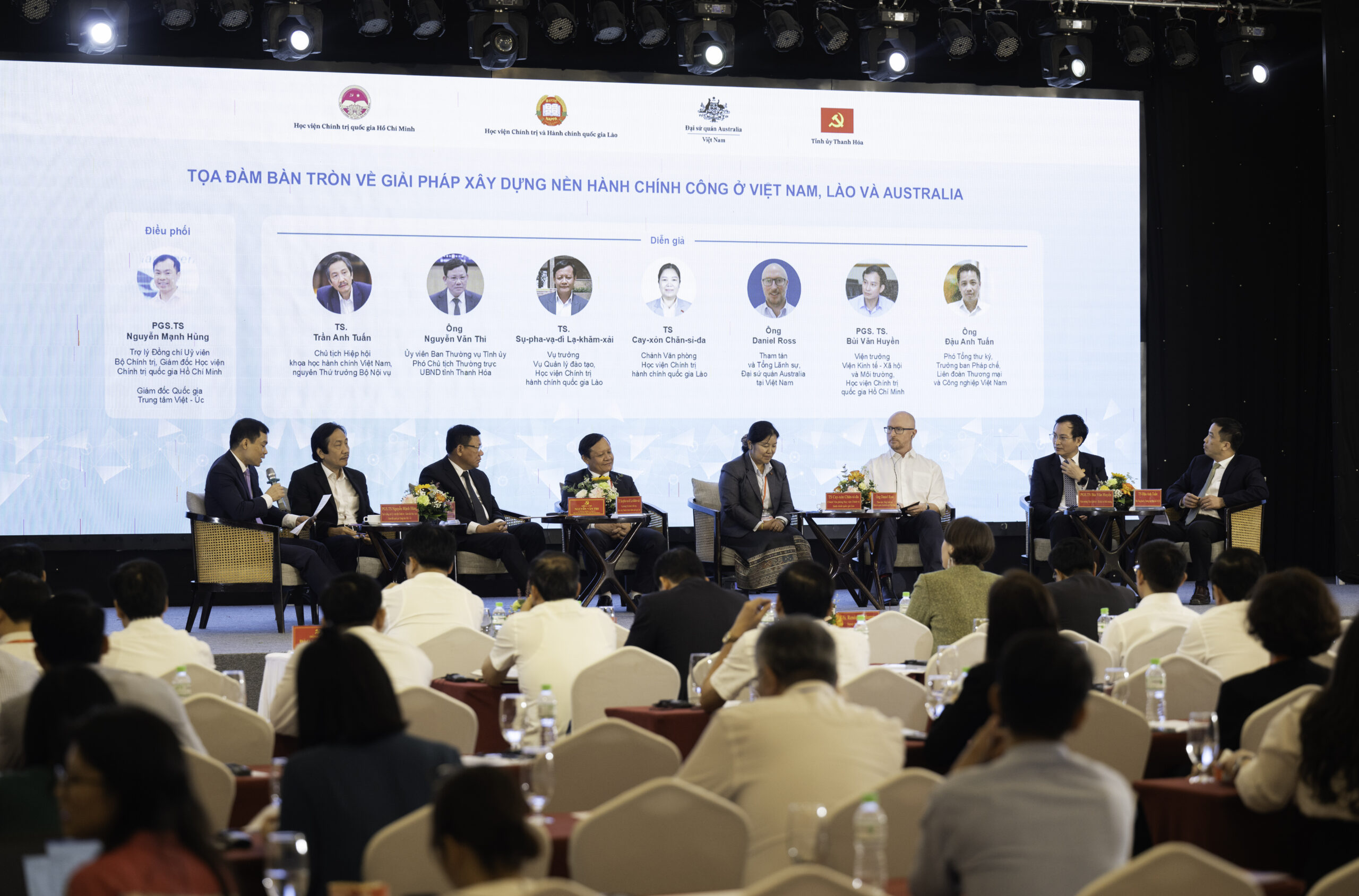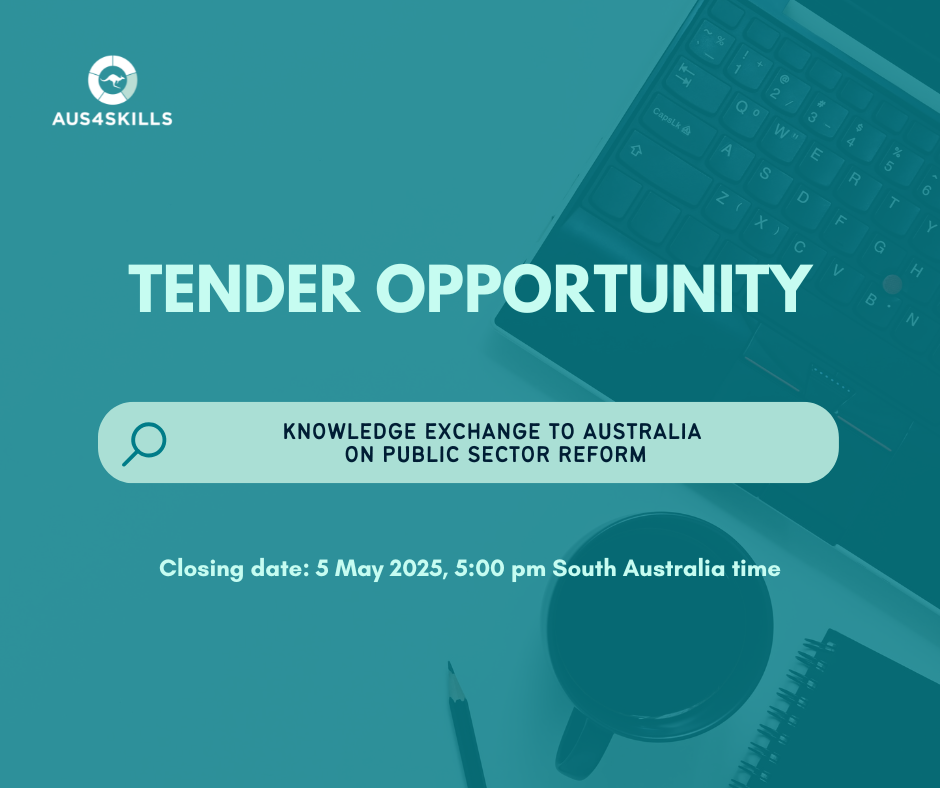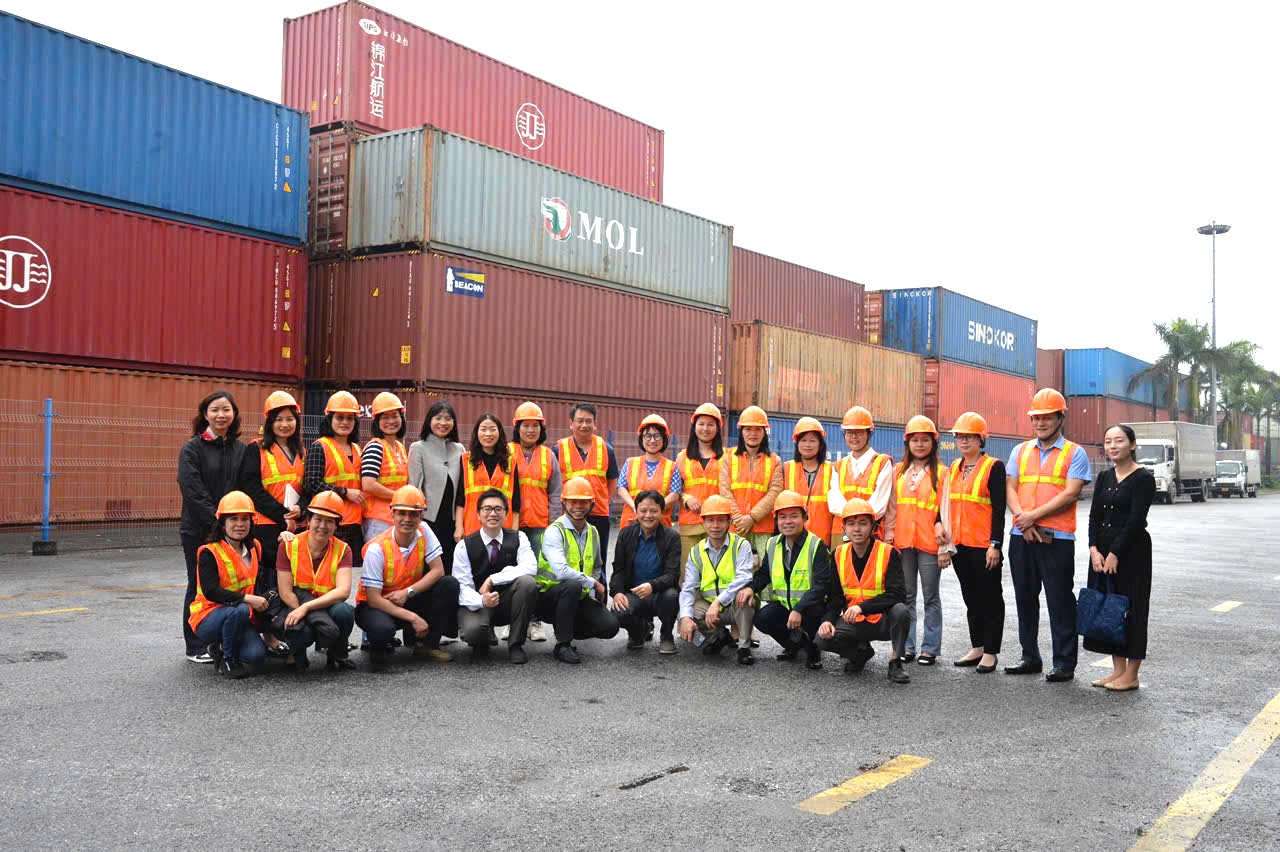
The Ministry of Education and Training promulgates training program standards for higher education levels.
The Ministry of Education and Training (MOET) has issued Circular No. 17/2021/TT-BGDĐT on training program standards for all levels of higher education in Vietnam. With a focus on graduates quality management, this Circular is to serve as a management tool to improve training quality.
Accordingly, the Circular set out standards on training objectives; intake quality and expected learning outcomes of training programs; the amount of training; the program structure and content; teaching and assessment methods; teaching and support staff; the facilities, technology and learning materials.
This Circular is the basis for MOET to issue regulations on launching majors and programs, determining enrollment quotas and enrollment organisation, training activities organisation and management, training linkage establishment, and program assessment and accreditation standards.
At the same time, this regulation will be the foundation for higher education institutions to build, appraise, approve, implement, evaluate and improve their training programs; develop regulations on enrollment, training organisation and management, credit transfer, recognition of programs from other institutions; and exercise accountability for quality.
In addition, this regulation is the basis for competent state agencies to inspect and examine training programs and perform quality assurance measures. Stakeholders and society as a whole will monitor the institution’s performances and results.
This Circular takes effect from August 7, 2021, and applies to higher education institutions and other educational institutions that are allowed to provide higher education training, including Academies and Institutes established by the Prime Minister under the provisions of the Law on Science and Technology.
=====================================================================================
New points to note:
Firstly, the Circular requires the development of expected learning outcomes for training programs to be consistent with Vietnam’s National Qualifications Framework (VQF) as well as program standards by industry groups and fields.
Secondly, because program standards are the minimum and core requirements that all training programs need to meet, higher education institutions are completely autonomous and flexible in the program development process to affirm the prestige and brand of their schools.
Thirdly, with a focus on graduates quality management, evaluating if program standards have been met upon completion is considered a new requirement for training quality management. This approach to quality management requires higher education institutions not only to be transparent about their outcomes to stakeholders, but also to provide evidence that graduates have met the expected learning outcomes set by the institution, which should be publicly available.
Fourthly, in order to ensure the autonomy of higher education institutions, the Circular does not specifically stipulate in a “hands-on” manner but provides the requirements that need to be met by higher education institutions and related parties in areas related to program quality.
Fifthly, the Circular helps ensure the constitutive elements for the development of an internal quality assurance system are available, serving as a basis for comparison in the accreditation process. This approach supports higher education institutions to have a lasting “self-sustained” mechanism for training programs and creates an important stepping stone for the programs to meet domestic and international quality accreditation standards.
Sixthly, the management of expected learning outcomes standards are not limited to providing transparency in the program quality to stakeholders, but institutions also need to “use the results of the program evaluation to improve its quality continuously”. This is the main philosophy of quality assurance that educators around the world are still aiming for and is also a good practice that countries with advanced education systems are adopting.
=====================================================================================
Source: Bich Ha – Laodong Online






